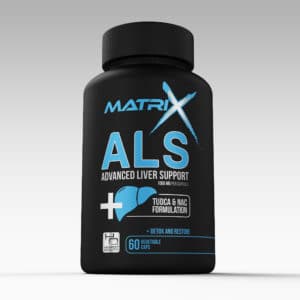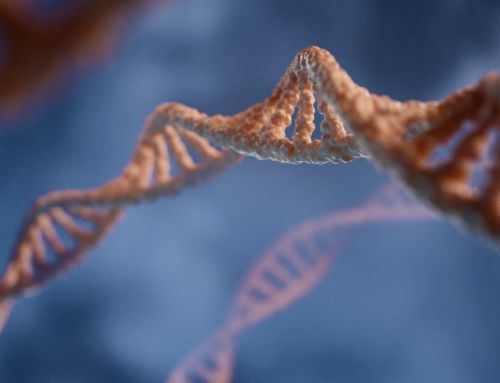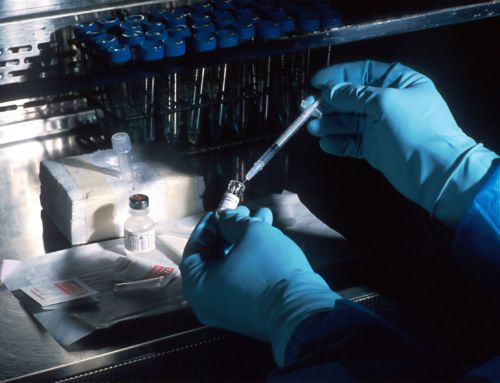What are the effects of supplements on the liver?
In the past decade, the popularity of over-the-counter supplements has increased significantly. Many athletes, bodybuilders, and fitness enthusiasts use supplements to increase their performance, reduce fat, and increase lean muscle mass. However, sometimes it can come at a risk: the risk of liver damage. Some supplements contain compounds that can damage the liver and lead to complications as severe as liver failure. It is, for this reason, important to understand the question ‘What are the effects of supplements on the liver?’
Do all bodybuilding supplements have an effect on the liver?
If you’re looking for a short answer, then no. Not all bodybuilding supplements affect the liver. It completely depends on the supplement you’re consuming. However, some classes of supplements affect the liver more than others. Also, it depends on your dose. Sometimes a supplement might not affect your liver at all when taken in recommended amounts. However, the same supplement might harm your liver when overdosed.
What are the effects of supplements on the liver?
Supplements can affect the liver both positively and negatively. The negative effects usually come off from supplements that have Androgenic Anabolic Steroids (AAS). That means that your regular vitamin supplements have little to no effects on the liver, given that there is no “monkey business” of deceptive labelling. The same is the case with whey protein. There is no evidence that too much whey protein can cause damage to the liver.
As far as prohormones are concerned, there can be side effects on the liver depending on the dose, quality, and strength of the prohormone. Most prohormones alone are manageable by the liver. It’s the combination of drinking alcohol and the consumption of prohormones that usually leads to liver damage. If you are on a prohormones cycle, you should refrain from drinking at all costs. Prohormones can put a strain on the liver and, therefore, any other activity that can be harmful to the liver should be avoided.
As for SARMS, there is no conclusive evidence that proves their toxicity on the liver. However, there have been some cases where users have reported some side effects. Overall, there’s no doubt about the fact that SARMS are safer than other performance-enhancing drugs (PEDs). SARMS like RAD-140 are already very popular amongst users because of their efficacy.
Because there is very little application of SARMS and prohormones in medical science, there aren’t many studies on them, which makes it hard to form judgements.
What are the supplements that heal the liver?
Supplements that heal the liver usually contain tudca or milk thistle extract. Tudca cleans the bile duct and supports detoxification, which restores and maintains your liver. Milk thistle, on the other hand, protects the liver from toxins and other harmful substances. Several studies have proven the healing power of milk thistle supplements in improving liver function.
It’s surprising how under-used liver supplements are, given their efficiency. A big misconception about them is that they should only be used when you’re coming off from a prohormone cycle and are on a post cycle therapy. When in reality, you can use them any time to reinforce your liver. The main function of these supplements is to detox the liver and improve its functions.

If you’re looking to build a perfect shield for your liver, don’t forget to check out Advanced liver support (ALS). Whether you’re coming off a prohormone cycle or want to detox your liver from detergents like alcohol, you can count on ALS. It contains tudca, which cleans the liver. Also, the reason behind recommending ALS is its authenticity. Many users have already benefitted from using it and have reported instant results.
How to protect your liver?
Even though some supplements are always going to be hard on your liver, there are some additional steps that you can take to protect your liver. Apart from avoiding alcohol, you should also avoid toxins. Toxins can damage liver cells. Stay far from insecticides and aerosol products as much as you can. Plus, incorporating fibre into your diet can also protect your liver.
Conclusion: what are the effects of supplements on the liver
To conclude, some classes of supplements are more taxing on the liver than others. It also depends on other factors such as the quality of supplements, the ingredients, and the dose you are taking. The best practice is to take precautionary measures, especially when consuming potent supplements. Also, try making liver supplements a regular part of your life. Lastly, only consume supplements that you are sure are pure. Supplements that contain impure substances and fillers are unsafe for your liver and, therefore, should be avoided at all costs.





